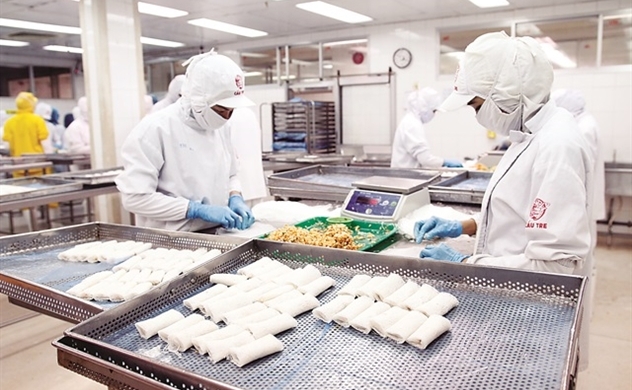The "strange signal” of the food delivery market
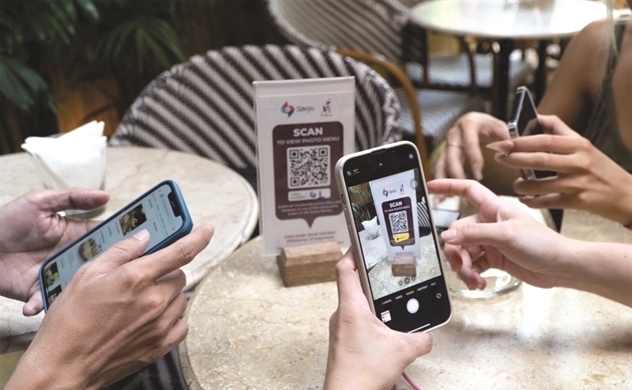
Not long after beFood announced to stop charging fees for small orders, rumors of Baemin's merger with Ahamove, an on-demand delivery unit of Scommerce spread. Scommerce representatives declined to comment on the rumor.
Most likely this is a cooperation deal because Scommerce previously tried with the food delivery segment before Baemin joined Vietnam with the LaLa project and withdrew from the market shortly after that. It was because it was "not suitable" and the "focus on the core of Scommerce is to do good delivery”.
When market share fluctuates or a tech firm has to downsize, M&A speculations abound for venture-backed firms. Woowa Bros, Baemin's parent firm, still relies on Korea, which is in a long-term decline due to the economy.
In that context, concentrating resources to serve the main market and temporarily reducing operations in potential markets is a common practice of many businesses. Moreover, there is no longer an easy source of money for companies to participate in many markets at the same time.
Baemin's rumors are significant since Woowa Bros is not the only unit falling behind and Vietnam is the future market. According to Momentum Works, this unit holds 2% of the Vietnamese food delivery market, like Gojek.
The meal delivery model relies on the scale to break even and be successful. This is exclusive to market share leaders. It ends two ways in Vietnam. First, if they are not at the top of the food delivery sector, enterprises that benefited from cheap capital flows before the epidemic will have to decide whether to keep operating or aggressively exit to focus on other areas.
Especially since Grab, Vietnam's food delivery market leader, is still slashing workers during the economic crisis, withdrawing from outlets, not in the Top 2 will become more common. in the future. For enterprises without inexpensive funding, this is the time to actively grow the market. These groups said restaurant operators have always wanted to sell takeout, technology helps them reach more customers, but the discount is too high.
For example, currently, the discount fee for food delivery platforms is 25-30 % per order. In fact, in order to have stable orders, restaurant owners have to invest more in advertising costs, so the average discount on applications ranges from 30-37 %/order. The high discount comes from businesses using too much financial leverage to expand in the past time. Now they have to maintain it to pay the profits to the investors.
That is also the advantage of units that do not have access to cheap capital, this group is oriented to supply orders but with a more competitive discount and more stable demand. Typically, PITO is providing 3 services: Catering, Xpress, and Cloud Canteen, which is a service to provide on-demand parties and business lunches. With Cloud Canteen, based on bulk delivery, the delivery cost is cheap (an average of 2,000 VND/serving for an order of 50 servings or more).
As for Xpress, delivery costs are reduced because partners deliver by themselves, PITO only does the connection work. The company charges 20 % per order through the system. Mr. Pham Dong Huy, founder of PITO, said that there are more than 300 business partners on the company's platform.
The attraction of PITO, besides low discounts, also lies in helping restaurant owners to control some of the wasted food due to the unpredictability of the sales demand of food businesses. This leads to these units incurring more costs to store or import goods.
Similar is the story of Savyu. Talking to NCDT via email, Mr. Jerome Ly, co-founder of Savyu, said that he believes that the need for digital transformation to manage the delivery team, integrate payment applications, and market to customers has already formed in Vietnam. many shop owners. However, technology investment is very expensive and not part of their expertise, so Savyu entered the market as a technology infrastructure provider under the SaaS model (software as a service). flexible monthly investment costs.
Through Savyu, the shop owner can operate a separate platform to serve customers with many conveniences like current delivery platforms, but without having to increase the selling price by 25-30% to pay the discount cost. Mr. Jeromy Le said that the company is in the testing phase with a select group of partners (several hundred stores) and expands to several thousand partners in the next 6 months.
According to a report published by Eden Global Capital in the second quarter of 2023, the volume of food delivery in Thailand exceeds that of Vietnam by approximately three times, with a market value of $3.6 billion compared to $1.1 billion in Vietnam. South, while Thailand's population is less than $30 million. These data show the potential for growth in Vietnam's food delivery sector.
“Pronounced Savyu, which means Save You, saves for customers (customers buy online at the same price as at the store), and for store owners (no commission fees for each order). We are creating a new model that benefits all parties involved,” said Jeromy Le. With these characteristics, companies like Savyu, and PITO will be potential embedded financial partners for banks when proving the effectiveness of the model through the number of restaurant and restaurant owner partners.
Same category news
-
Huyền Hoàng
-
Thanh Hang
Latest news
-
Huyen Hoang

 TIẾNG VIỆT
TIẾNG VIỆT 
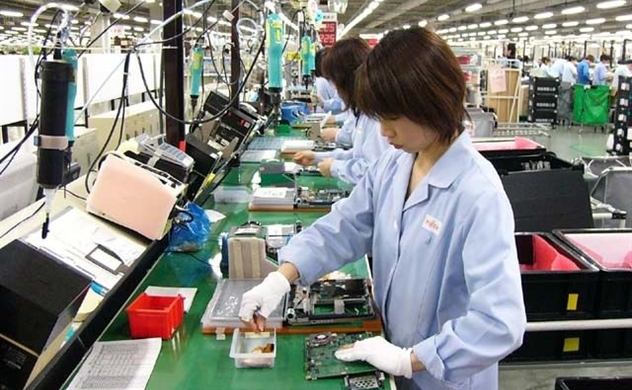
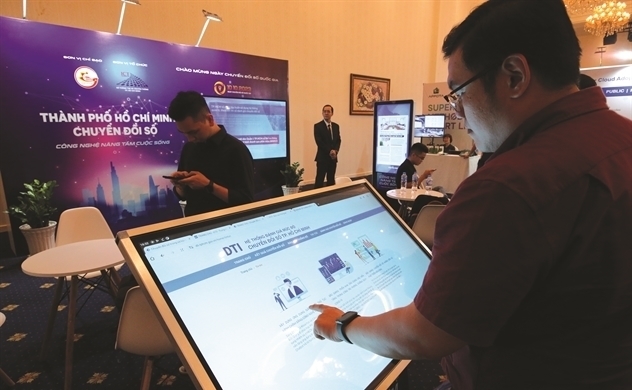
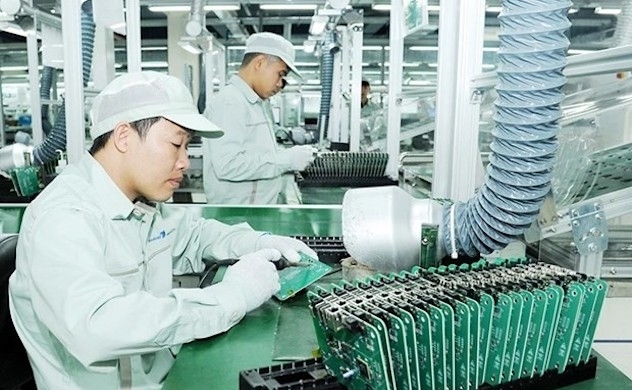
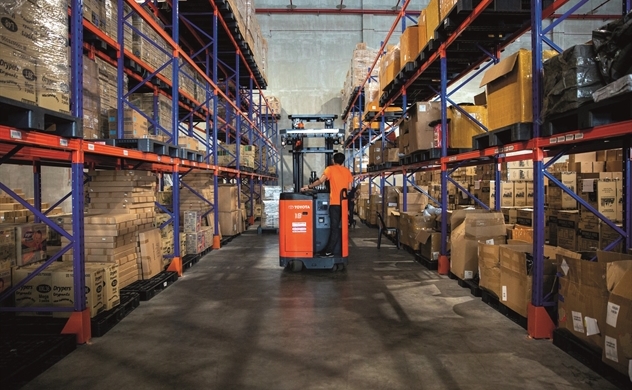
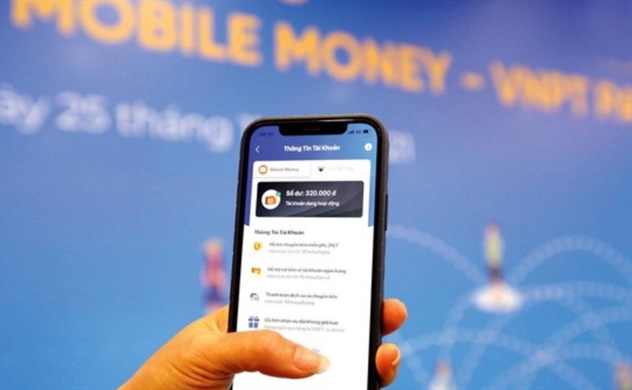



_291615658.jpg)

